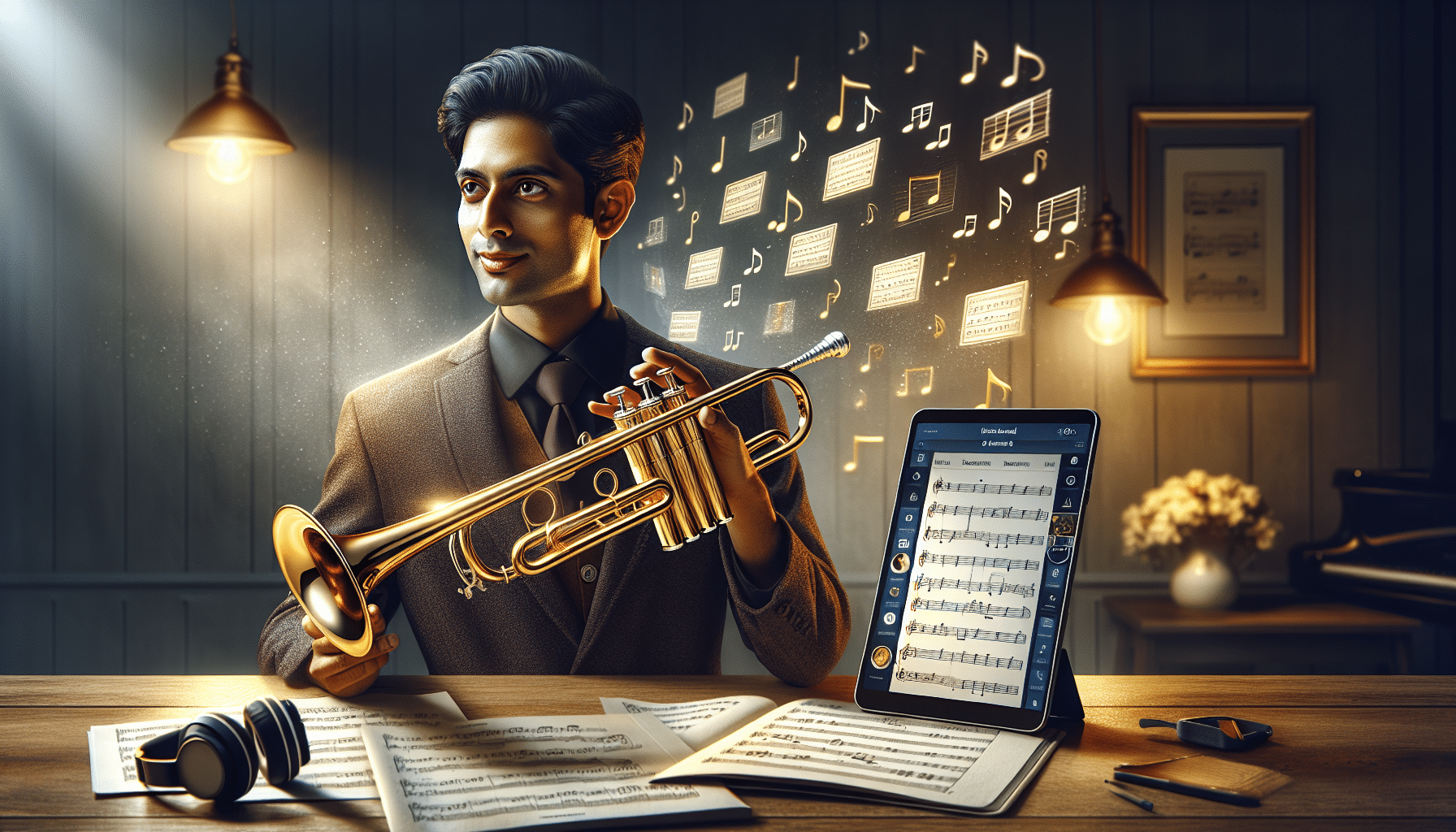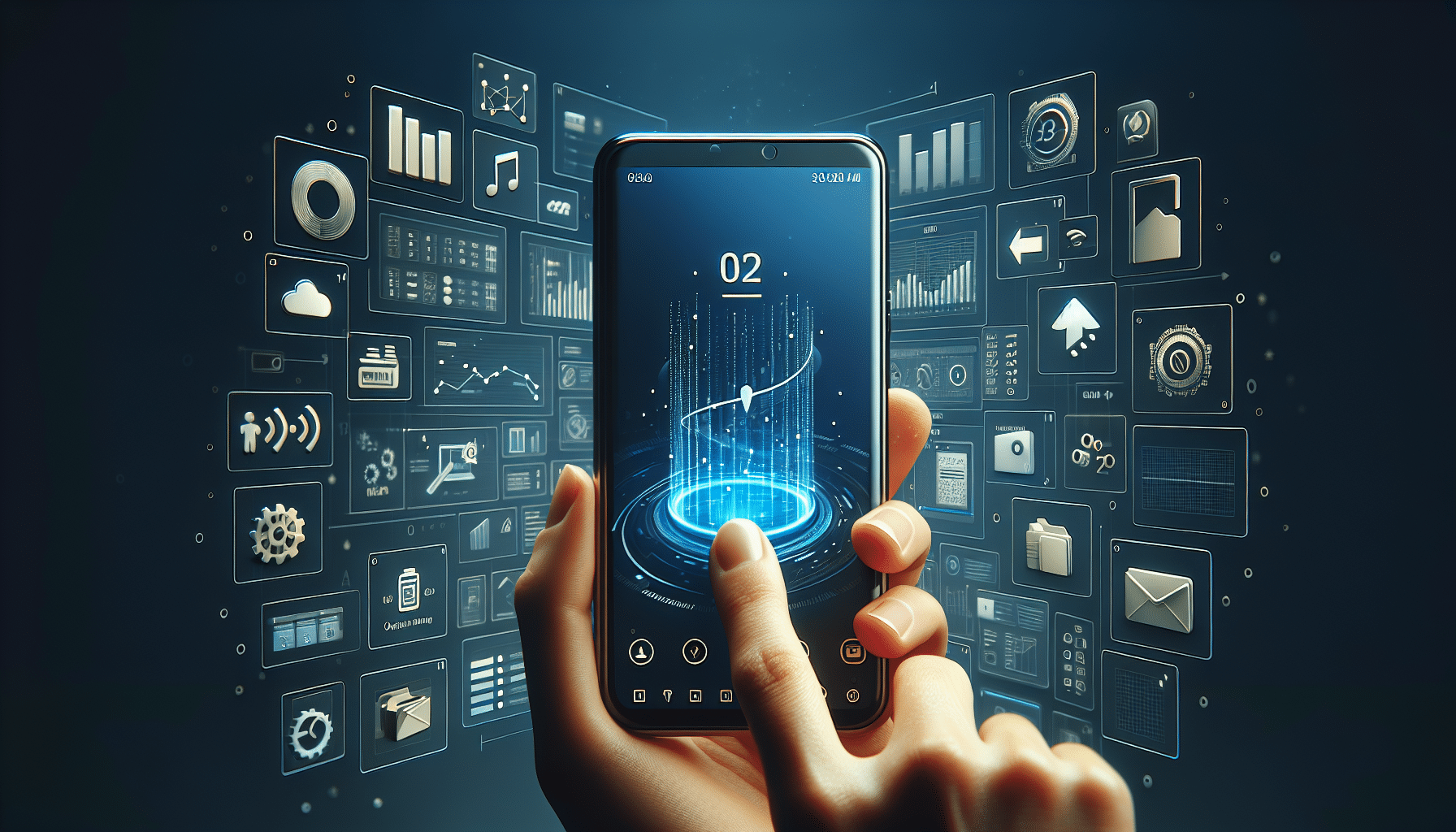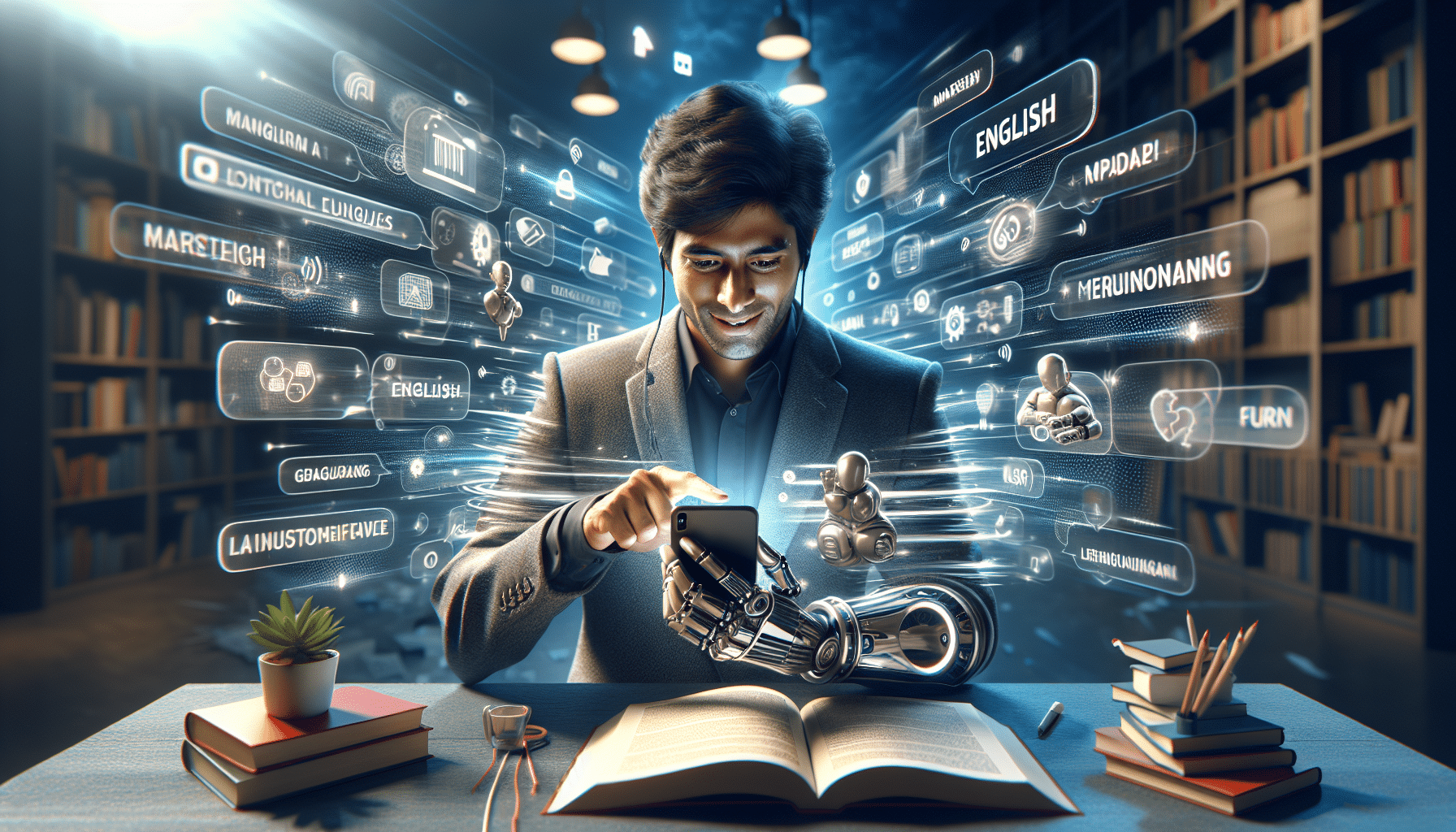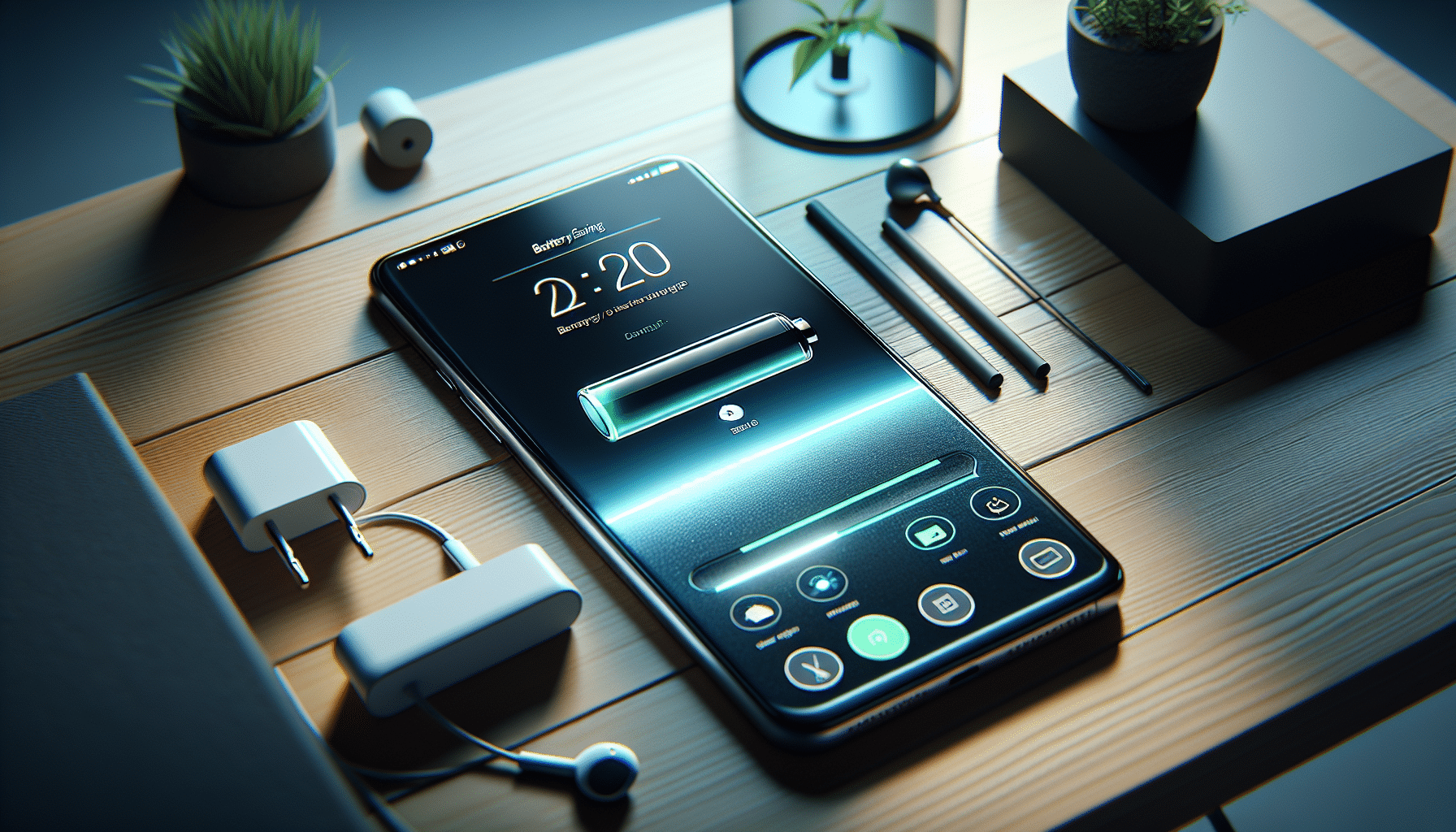Advertisements
Exploring the musical universe was never too accessible. As digital technologies advance, learning to play piano does not require longer hours in a traditional classroom.
Now, it is possible to master this fascinating instrument right at home, thanks to a revolutionary application that promises to transform any beginner into a confident pianist.
Advertisements
This platform not only facilitates or learns, but also offers a personalized experience, adapting to the pace and style of each user.
This innovative application was developed by music and technology specialists, with the objective of creating an effective and immersive learning environment.
It offers a series of interactive resources, such as video tutorials, practical exercises and instant feedback, ensuring that every note played is an opportunity for perfection.
Advertisements
Additionally, the program allows users to define personal goals, accompany their progress and also share their achievements with a global community of piano enthusiasts.
Discovering your musical talent has never been easy. With this application, it doesn't matter if you are a complete beginner or someone who has some experience, there is always something new to learn and explore. Mergulhe nessa musical day and feel the excitement of playing your favorite music on the piano.
See also:
- Master your motorcycle with our app!
- Connect without limits with WalkieTalkieApp
- Become an expert in automotive mechanics right now
- Streaming series: enjoy whenever you want
- Discover the world of Korean easily
Ultimately, with certain tools, anyone can develop their musical skills and express their creativity in unimaginable ways.
The revolution of music learning from home
The rise of technology in education has enabled the emergence of innovative learning methods, and the music field is no exception.
Today, piano enthusiasts can learn and perfect their skills from the comfort of their homes thanks to music learning apps.
These tools have transformed the way people approach the piano, allowing easier and more convenient access to music education.
Piano music learning apps are designed to suit different skill levels, from beginners to more advanced musicians.
They offer a variety of interactive lessons, practice exercises, and assessments that allow users to progress at their own pace.
Additionally, most of these apps have features that facilitate real-time error correction, helping students improve their technique and musicality.
Features and benefits of piano learning apps
Piano learning apps are equipped with a number of features designed to make learning easier. One of the most notable features is the ability to provide instant feedback.
Using sound recognition technology, these apps can evaluate keystroke accuracy, rhythm, and melody, offering tips on how to improve in each area.
This real-time feedback is invaluable for students, allowing them to immediately correct mistakes and adjust their technique on the fly.
Additionally, these apps offer a structured approach to learning. Courses are typically divided into modules that cover a variety of topics, from basic music theory to advanced performance techniques.
This allows students to follow a clear and progressive learning path, ensuring they master each aspect before moving on to the next.
It's also common for these apps to include games and challenges that make the learning process more fun and motivating.
Adaptation to the student's pace
One of the greatest benefits of piano learning apps is the ability to adapt to each student's individual pace.
Unlike traditional in-person classes, where the learning pace is determined by the instructor, these apps allow users to progress at their own pace. This is particularly advantageous for those with busy schedules or who prefer to learn at a slower pace.
Learning customization is also a key feature of these apps. Students can choose which lessons to follow, which techniques to practice, and which songs to play, creating a unique learning experience tailored to their personal needs.
Additionally, many apps use artificial intelligence to analyze student progress and suggest lessons or exercises that align with their skills and goals.
Interaction and community in virtual learning
Although it is primarily an individual experience, learning piano through apps is not without social interactions.
Many of these platforms offer features that allow students to connect with other users, share their achievements, and participate in learning communities.
This social interaction is a valuable component that enriches the learning experience and fosters a sense of community among users.
Online competitions and challenges are common features of these apps, motivating students to practice regularly and improve their skills.
Additionally, the ability to share recordings of their performances allows users to receive feedback from other students or even instructors, which can provide valuable insight into their progress and areas for improvement.
The constant evolution of learning applications
Piano learning apps continue to evolve, incorporating advanced technologies to enhance the user experience. One emerging trend is the use of artificial intelligence to further personalize the learning process.
Using advanced algorithms, these apps can analyze each user's playing style and offer specific recommendations to improve their technique and performance.
Augmented reality is also beginning to find its place in the field of music learning. Some apps are experimenting with this technology to overlay visual instructions directly onto the physical piano keyboard, providing additional visual guidance that can be especially helpful for beginners.
This integration of innovative technologies not only enhances the learning experience, but also makes it more accessible and engaging for a wider audience.
The future of musical learning
The future of music learning looks bright with the continued development of innovative apps and technologies. As more people embrace virtual learning, we're likely to see an increase in the quality and variety of resources available to music students.
The integration of emerging technologies, such as artificial intelligence and augmented reality, will continue to improve the personalization and effectiveness of these applications.
Piano learning apps are playing a crucial role in the democratization of music education. By removing geographical and financial barriers, they allow more people to access quality lessons and discover their musical talent.
Over time, these tools will continue to evolve to offer even more immersive and effective learning experiences, encouraging more people to explore and develop their passion for music.
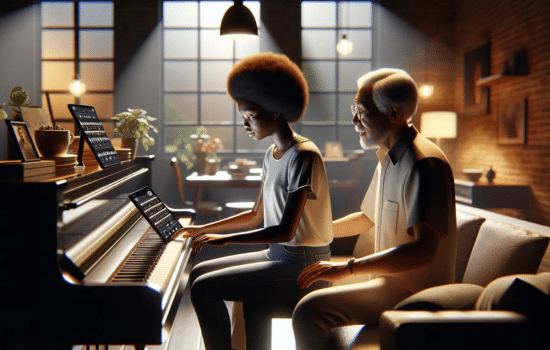
Conclusion
In conclusion, the use of piano music learning apps has revolutionized the way people develop their musical skills.
From the comfort of life, these platforms offer a personalized and accessible learning experience, allowing users to advance at their own pace and in accordance with their interests.
Innovative functionalities, such as real-time feedback and personalization through artificial intelligence, ensure that students receive a high-quality education, tailored to their individual needs.
Additionally, social interaction facilitated by these applications, through online communities and discussion forums, enriches the learning process, fostering a sense of community and continuous motivation.
Users have the opportunity to share their achievements, receive valuable feedback and participate in competitions that drive their progress.
With constant technological evolution, these applications will continue to integrate new tools, such as augmented reality, to offer a more immersive and engaging learning experience.
This democratization of access to musical education not only allows more people to discover their talent, but also contributes to a broader appreciation of music throughout the world.
Thus, mastering the home piano has never been too accessible and stimulating, allowing each user to discover their own musical path.



